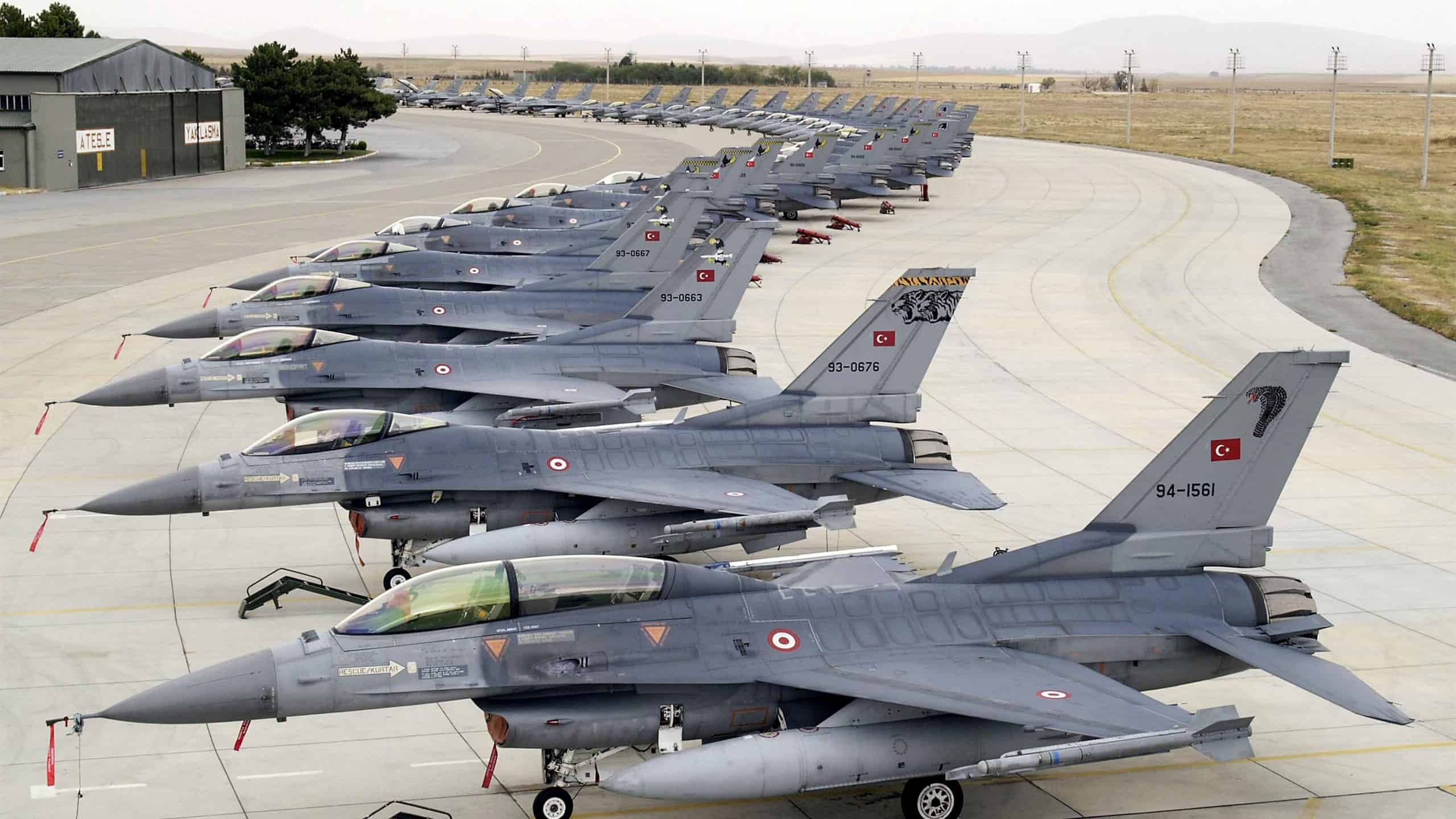Sweden received the “green light” for NATO membership
11 July, 2023 Erdogan meets with Swedish Prime Minister Ulf Kristersson and NATO Secretary General Jens Stoltenberg on July 10, 2023, ahead of the NATO summit. Sweden has received consent from two key defense alliance member states to join NATO. Bloomberg reported on this.
Following Russia's full-scale invasion and occupation of Ukrainian territory, Sweden and Finland jointly applied to join NATO last May. The Finns gained membership almost immediately, while Hungary and Turkey had been blocking Sweden. The latter, in particular, required the extradition of representatives of the Kurdistan Workers' Party, which the Turkish authorities consider a terrorist organization threatening state institutions.
The situation changed hours before the start of the NATO summit in Vilnius on Monday, July 10, when Turkey agreed to stop blocking Sweden's bid to join the defense alliance. Ankara changed its decision after EU officials agreed to resume negotiations on Turkey's accession to the union and to ease US sanctions on the sale of military technology.
 Turkish F-16 multirole fighter jets.
Turkish F-16 multirole fighter jets.
Photo from open sources
On Tuesday, July 11, US President Joe Biden is scheduled to meet with Turkish President Recep Erdogan to likely discuss Turkey's request to purchase US F-16 fighter jets and other weapons. Peter Szijjarto, Minister of Foreign Affairs of Hungary, closely linked his country's position with Turkey's decision. Now, after Ankara's agreement, Szijjarto confirmed: his country supports Sweden's accession to NATO, and this remains a purely "technical matter" to close the lengthy ratification process in the parliament in Budapest.
The accession of Finland and Sweden to NATO globally expands NATO's northern flank and becomes one of the most significant changes in the landscape of European security strategy.
The expansionist policy of Russia and the invasion of Ukraine caused these events, along with a number of other processes in the middle of the North Atlantic Alliance, aimed at strengthening defense capabilities, such as increasing defense spending in Germany and France and plans to reinstate conscription in France.